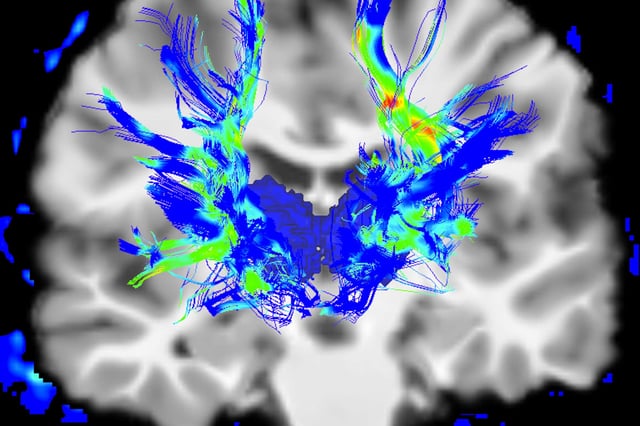Overview
- A recent study suggests the diabetes drug lixisenatide may slow the progression of Parkinson's disease by showing no worsening of motor symptoms over 12 months compared to a placebo group.
- The trial, involving 156 patients with early Parkinson's disease, marks a promising step in the search for treatments that can halt disease progression.
- Lixisenatide is part of a class of drugs known as GLP-1 receptor agonists, which are also used for diabetes and obesity treatment, showing potential benefits for Parkinson's patients.
- Nearly half of the participants experienced nausea, and 13% reported vomiting as side effects of lixisenatide.
- Further research is needed to confirm the protective effects on the brain, determine the optimal dosage, and explore the drug's long-term benefits.



